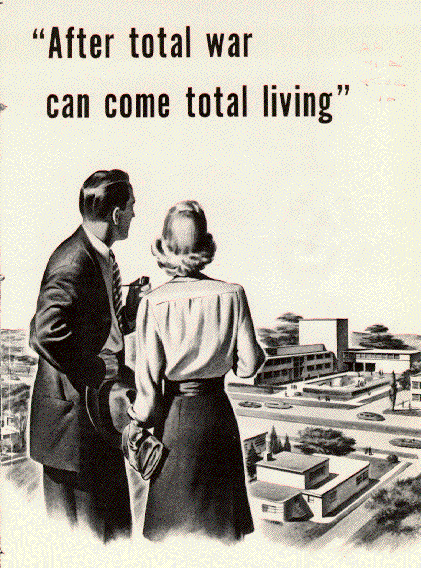





|
|
humint






|
|
|
|
|
|
HUMINT: Democratic Deterrence HUMINT: What kept the Cold War from spinning dangerously out of control was a bilateral foreign policy developed around Mutually Assured Destruction (MAD) of civilian population centers. MAD worked because it developed out of a mutual experience. The Soviets, Americans and almost everyone else caught in between experienced the devastation wrought by WWII. Deterrence from war meant ensuring both sides were evenly balanced in the art and supplies of conventional and non-conventional warfare. The Cold War had a relatively clear set of rules that sprung from the shared experience of WWII. When they talk about terrorism today, politicians and an international coalition of journalists seem to have forgotten about the architecture of MAD. The ever looming threat MAD represented cowed citizenries of many free and democratic nations to support foreign and domestic policies that were anything but democratic. The end of the Cold War necessitated a reorg among global power brokers. It meant populations around the world would begin expressing themselves democratically with an expectation of representation. The transition from systems oppressive to democracy toward healthy democratic states is always turbulent. The fact remains however that once a populace arrives at democracy, stability is an ever present symptom thereafter. Pursuing democracy as a post Cold War deterrence strategy is sound in theory but the expectations of success should be measured in decades not news cycles. Unfortunately, no one in American is asking where their own Jeffersonian democracy came from… It has taken generations of war and intellectual evolution to raise successful democracies from the ashes of their past. Meanwhile, there are many Americans who harbor unrealistic expectations. Why not, Food used to be slow, now it’s fast; why not democracy? By all indications, the fantasy they hold demands success occur at the pace of daily news cycles. Frustrated voters who fit this category are demanding the United States end its direct involvement in democratization efforts in the Middle East. To their credit, the list of alternative priorities sounds smart. I know many brilliant minds that are convinced American democratization efforts have already failed and we should therefore re-task our limited resources. It makes no difference to many Americans that American foreign policy has not failed by any historical measure. Yet the U.S. Government is indeed failing. Where American Government is failing is in the realm of expectation and perception. If the United States government fails to meet American citizen’s expectations then it has failed. No amount of evidence can change that fact. In contemporary American citizen’s expectations of their government are set not by the government, but by the customer service industry. The “customer is always right” attitude has leaked like a toxin into American conceptions of democratic governance. As disturbing as it sounds, democracy (American democracy) has the means to correct itself (eventually). For now, the post Cold War problems remain. Should the U.S. continue its efforts to democratize the Middle East, or not? If foreign policy fantasy trumps reality in the mind of the American Voter, what choice do policy-makers and policy-doers have? Not much! Whether or not we would like to see a return to MAD policy, American efforts to democratize Iraq are establishing new balances between Middle Eastern states. Chief among new MAD players will be Saudi Arabia with its mutual doppelganger Iran. It sounds epic, doesn’t it? Iran and Saudi Arabia - polar foes pitted against each other struggling to fill the void left in Iraq, after the U.S. ouster of Saddam Hussein. It may be that citizen fantasy begets policy fantasy. Without shared experience of WWII will MAD work? How realistic does this sound? Saudi Arabia and Iran are expected to stand toe to toe, prepared to destroy each other, but never quite pulling the trigger. It sounds like a dangerous gamble to me. While it may be necessary in the short term, the only pragmatic approach is to continue emphasizing peace through democratization. Labels: Cold, iran, MAD, Saudi, war |





